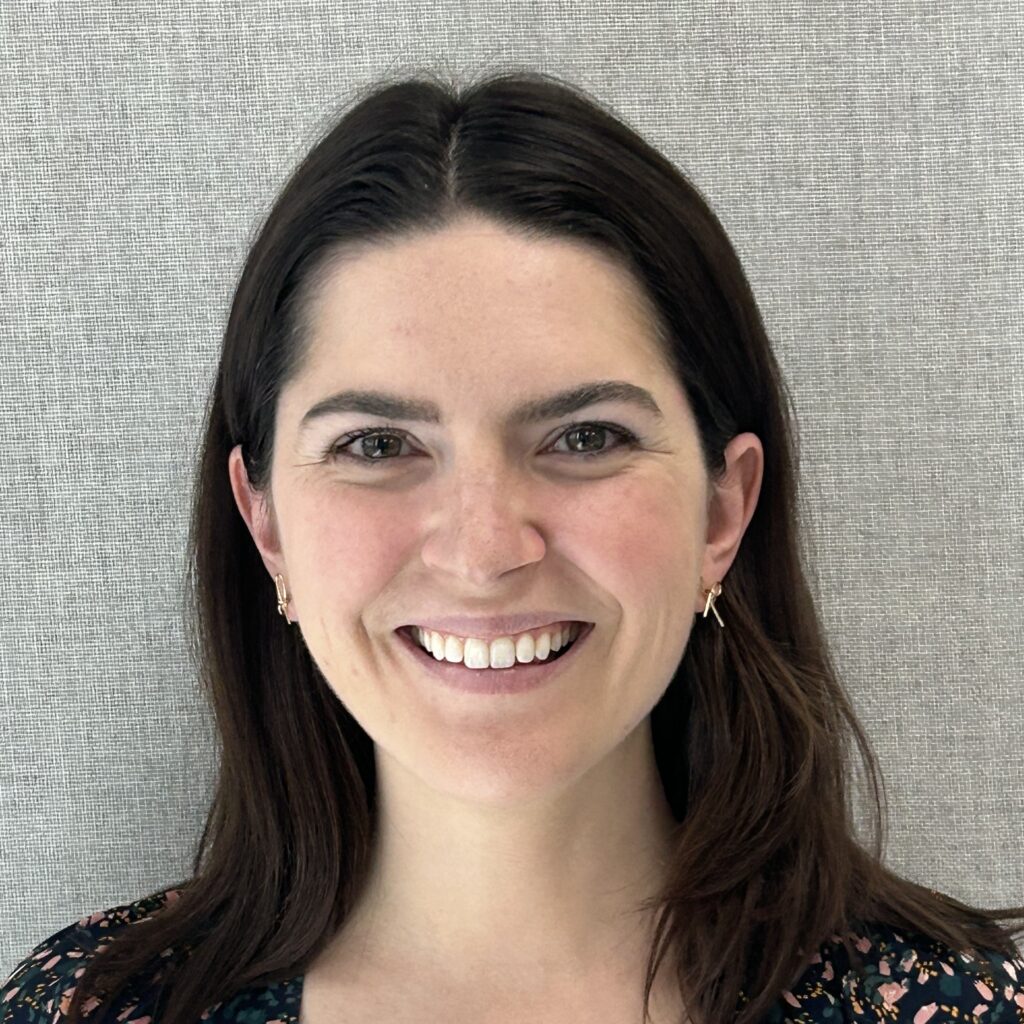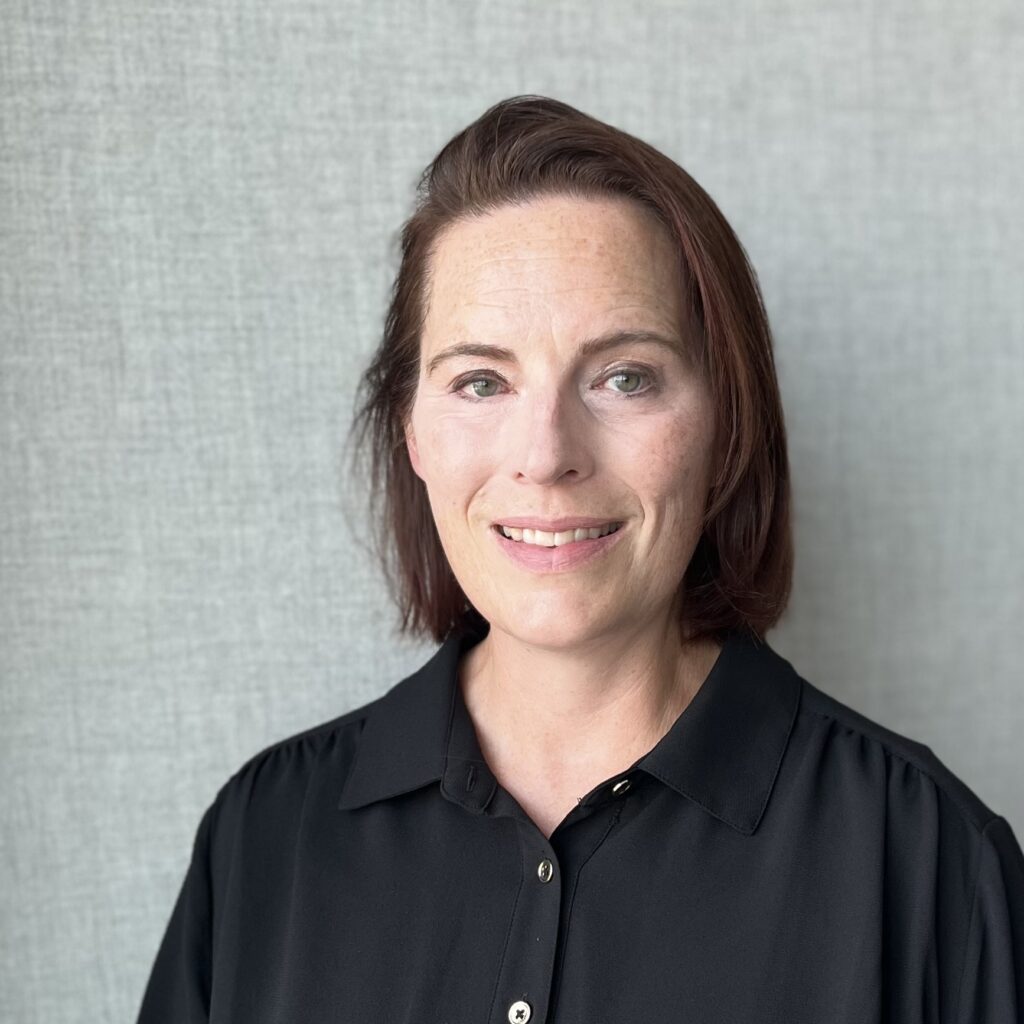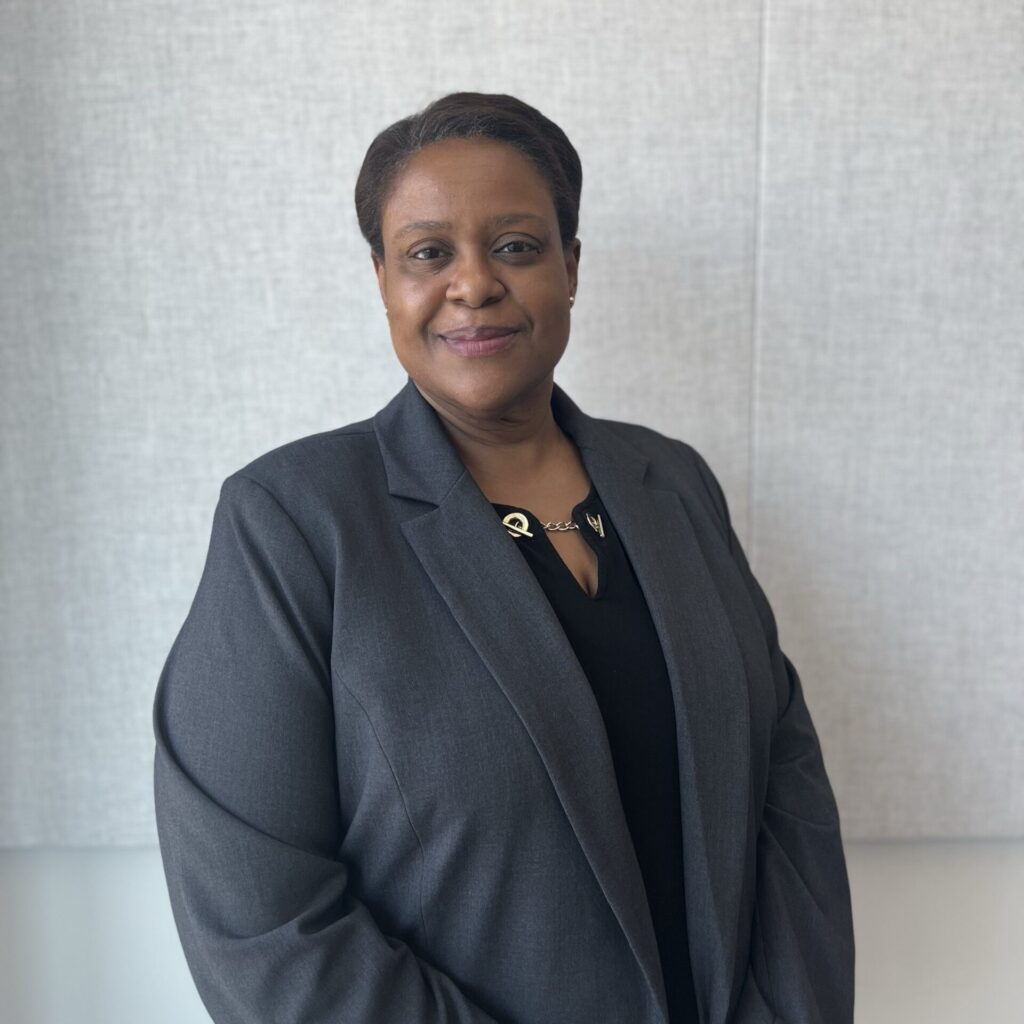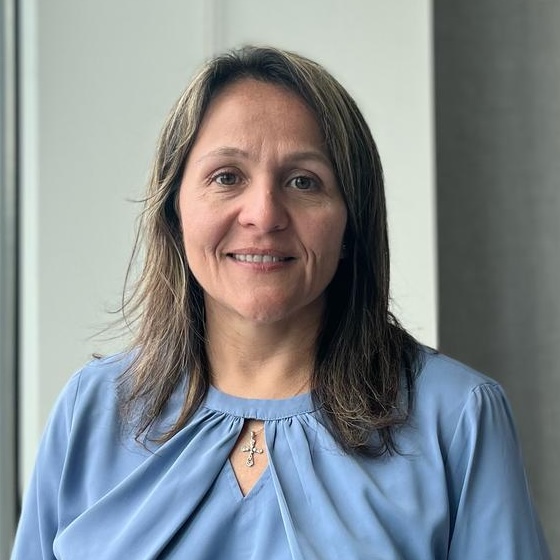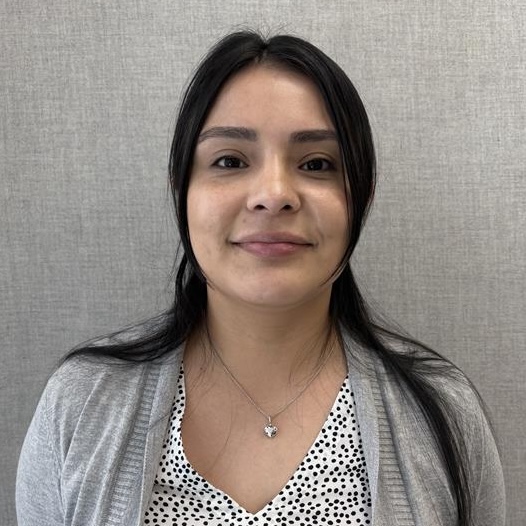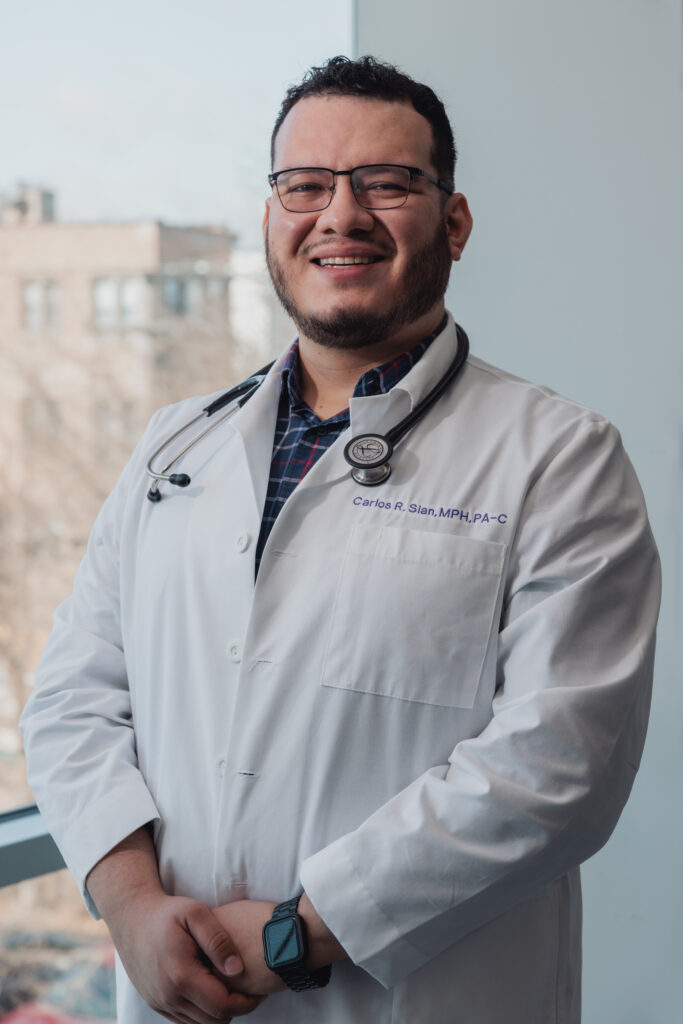Adopted from the National Immunization Awareness Month (NIAM) Toolkit
1. Vaccinating according to the recommended immunization schedule provides your child with safe and effective protection against preventable diseases.

Between the time your child is born and when they go off to college, they’ll get vaccines to protect against several serious diseases.
Some children at your child care center may be too young to get certain vaccines and are therefore vulnerable to diseases.
By vaccinating your child according to the recommended schedule, you’ll be protecting their classmates as well. You will also be helping to protect people in your community who cannot receive vaccines for medical reasons (e.g., people with weakened immune systems, such as some people with cancer, and people who have received organ transplants).
2. Vaccines are recommended for children of all ages.
![]()
The need for vaccination does not end in childhood. Vaccines are recommended throughout our lives based on age, lifestyle, occupation, travel locations, medical conditions and previous vaccination history.
As protection from childhood vaccines wears off, adolescents need additional vaccines to extend protection. Teens and young adults should also make sure they are up to date on all the vaccines recommended during childhood and adolescence. Additionally, states may require children who are entering college to be vaccinated against certain diseases.
Infectious diseases tend to spread wherever large groups of people gather together. Outbreaks of serogroup B meningococcal disease have been reported from college campuses during the last several years. Learn more about meningococcal vaccine recommendations for those at increased risk in community settings.
3. Many vaccine-preventable diseases can spread easily in child care and school settings. Protecting your children from preventable diseases will help keep them healthy and in school.

Schools are prone to outbreaks of infectious diseases. School-age children often spread diseases to their families and others with whom they come in contact. Your child may miss several days of school while recovering from an illness, such as whooping cough, chickenpox or the flu. Somebody will need to stay home from work to care for your child.
Children can spread diseases to newborns too young to receive all doses of recommended vaccines. Sick children can also endanger people with weakened immune systems, such as some people with cancer or those with organ transplants.
Many vaccine-preventable diseases are still common in many parts of the world. For example, measles is brought into the United States by unvaccinated travelers who are infected while in other countries. When measles gets into communities of unvaccinated people in the United States (such as people who refuse vaccines for religious, philosophical or personal reasons), outbreaks are more likely to occur.
The 2017 measles outbreak in Minnesota is an example of how quickly infectious diseases can spread when they reach groups of people who aren’t vaccinated.
Outbreaks of pertussis, commonly known as whooping cough, have also occurred in the United States over the past few years. There are many factors contributing to the recent increase in whooping cough but getting vaccinated is the best way to help prevent whooping cough and its complications.
4. Vaccines are very safe.
Vaccines are thoroughly tested before licensing and carefully monitored after they are licensed to ensure they are safe.
Vaccines are the safest and most effective way to prevent several diseases. They not only ![]() protect vaccinated individuals but also help protect entire communities by preventing and reducing the spread of infectious diseases.
protect vaccinated individuals but also help protect entire communities by preventing and reducing the spread of infectious diseases.
Currently, the United States has the safest vaccine supply in its history. The country’s long-standing vaccine safety system ensures vaccines are as safe as possible. Talk to your child’s doctor or other healthcare professional to make sure your children get the vaccines they need when they need them. Parents should check their child’s immunization records to make sure they are up to date on all recommended vaccinations.
Families who need help paying for vaccines should ask their medical provider about the Vaccines for Children (VFC) program. This program provides vaccines at no cost to eligible children who do not otherwise have access to recommended childhood vaccines.
The VFC program provides vaccines for children ages 18 years and younger who are uninsured, Medicaid-eligible, American Indian or Alaska Native. For more information about your family’s necessary vaccine schedule, or the VFC program, please call to schedule an appointment and speak with your provider at 773.782.2800.



